King Charles’s money problems laid bare as finances are squeezed
A series of recent events have King Charles staring down the barrel of a massive hit financially as the family’s money problems are exposed.
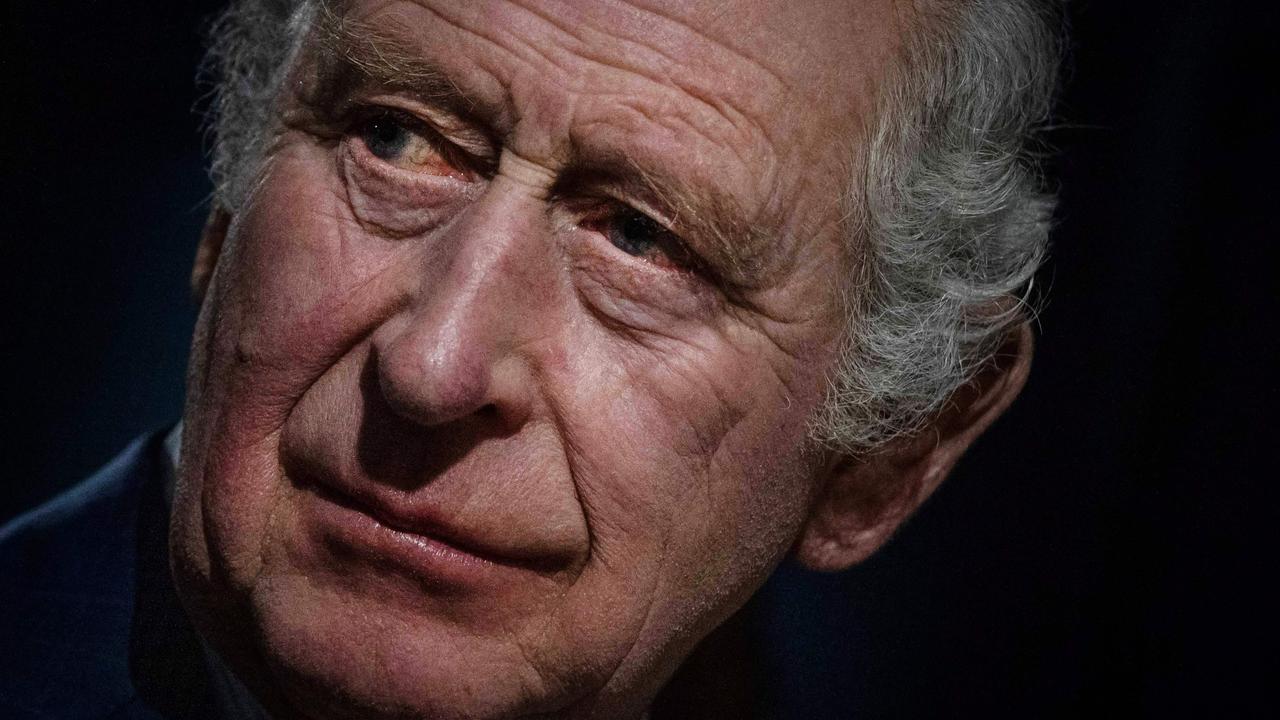
COMMENT
Sometimes I miss Prince Philip, a man who suffered from an extreme case, at times, of loose lips-it is, often to the detriment of Whitechapel mandarins’ and courtiers’ nerves.
One of the most surprising things he ever uttered was about the royal family’s finances, during a 1969 interview when he admitted, “We go into the red next year … I shall have to give up polo.”
Even now it’s shocking to hear a member of the royal family admit to something so horribly bourgeois as money worries but it’s a concern that, more than 50 years later, his son King Charles has inherited.
As strange as it might be to wrap one’s head around, even monarchs are not immune to fretting about their finances and a series of recent events have put the Buckingham Palace balance sheet back in the spotlight.
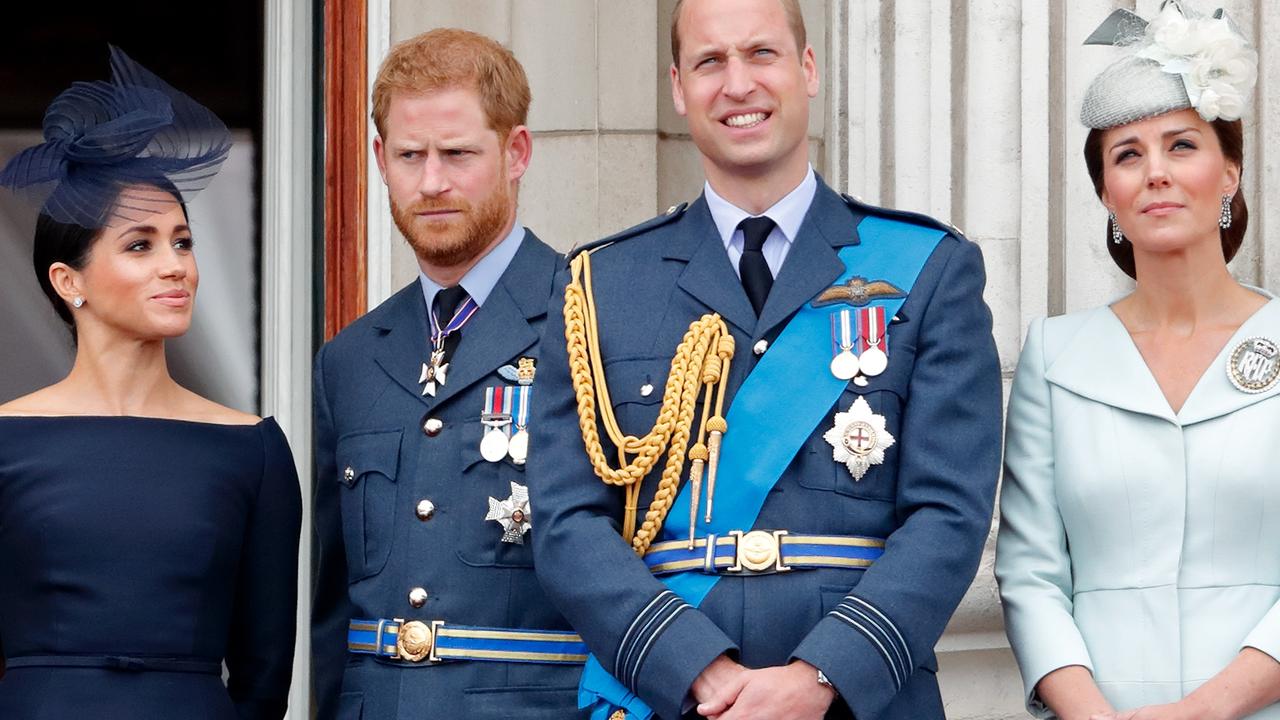
Now yes, I know, they’re not quite in need of a GoFundMe to keep Queen Camilla on Fever Tree tonic water or hire gardeners for Prince Andrew to yell at (gosh he’s a charmer) but Charles’s hip pocket has taken some hits of late.
Let’s start with the fact that he faces a pay cut of approximately $60 million annually in the years to come.
What you have to know here is that His Majesty has two primary sources of income: the Sovereign Grant, which comes from the Treasury, and the profits from the Duchy of Lancaster estate.
The news is not great on either of these fronts.
Let’s start with the Grant, which is pegged to the total revenue from the Crown Estate. That entire pool of money goes to the Treasury, which then works out a percentage and funnels that to the Crown’s coffers. Currently the Grant is set at 25 per cent of Crown revenue, which according to last year’s accounts, works out at about $149 million going to Charles to keep the regal show on the road.
However, that is only a temporary rate and in about 2027 that will drop down to 15 per cent, the higher rate only having been a temporary measure to help pay for the $640 million, 10-year, much-needed renovation of Buckingham Palace. (No one likes asbestos and 1950s plumbing.)
While there is a current government review of Grant funding underway, assuming there are no great changes, once the Palace revamp is done, the King will have about $60 million a year less to work with.
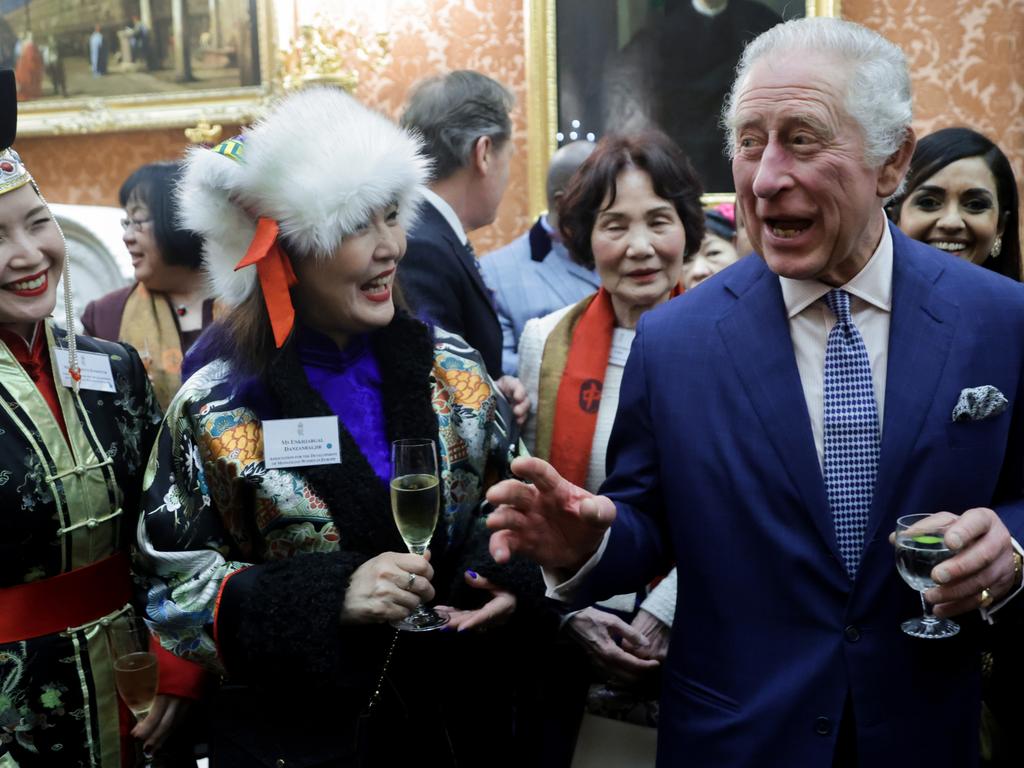
Complicating things further is the fact that grant money can only be used for official working expenses, like buying biros and Post-It notes for the Prince and Princess of Wales’s office, business class flights for when an HRH is dispatched to the Commonwealth’s outer reaches or for Prince Edward’s second-class train ticket to open a waste management plant in Bolton. (Don’t worry about Princess Anne: she has been using the same biro sparingly since Prime Minister Ted Heath was in office.)
This is despite the fact that only last month the Crown Estate signed a huge multi-year wind farm deal worth about $1.7 billion annually, which should, therefore, have seen the Grant rise by more than $100 million annually. But … Charles has instead decided that windfall should be redirected back to the HMTQ’s Treasury and used to actually help the British people.
Applause all-round, except I’m guessing, from the Keeper of the Privy Purse.
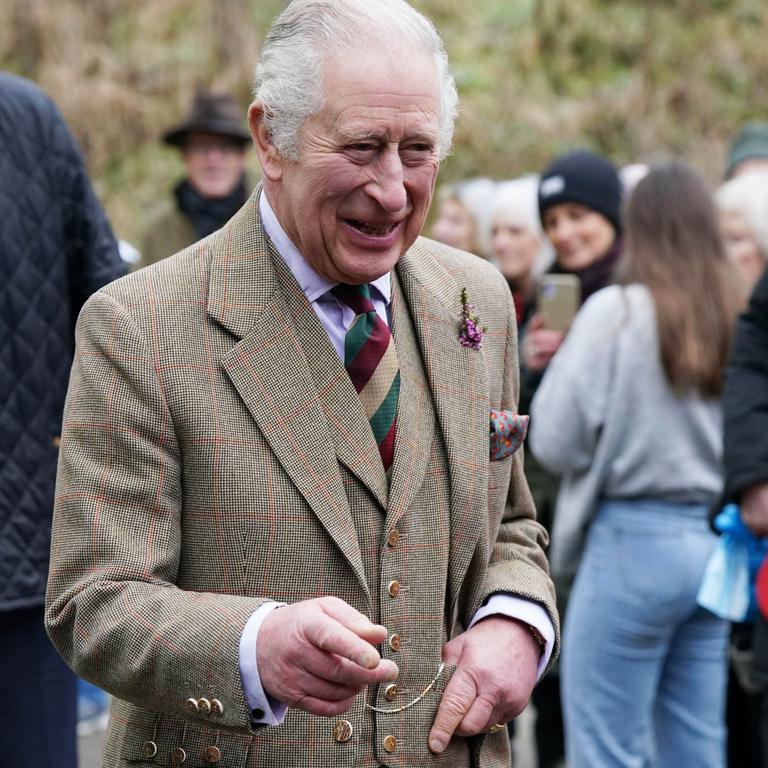
Then there are Charles’s personal funds. As King, he controls the Duchy of Lancaster estate, which consists of billions of dollars in property and investments; unfortunately they are properties and investments he cannot just sell willy-nilly to turn into easy readies.
Currently, the 74-year-old pulls in $38.5 million annually in profits from the Duchy on which he (gasp!) actually pays some tax.
Now yes, it’s a stonkingly large sum of money, far more than even the most dedicated royal writers earn, however you have to keep in mind that that money has to keep an untold number of members of the royal family afloat and in Waitrose orders and Hunter Wellies.
For example, it is believed that the late Queen used to support sons Andrew and Prince Edward, along with Princess Anne, out of Duchy dosh. While no figures have ever been made public, it is believed that the pal-of-a-paedophile Andrew was pocketing about $432,000 from his Mumsy, with the assumption being that his siblings would have been receiving about the same amount.
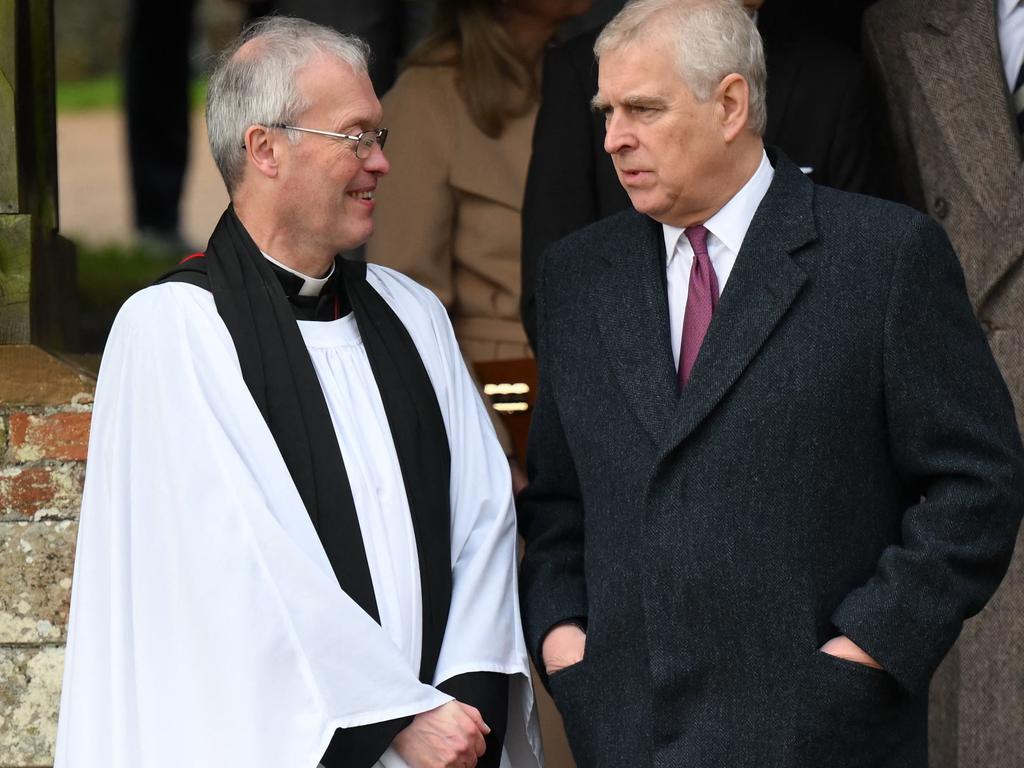
On top of that, Charles has been reported to now be picking up the bill for Andrew’s private security, which the Telegraph has reported could be up to $5,000,000-a-year after his taxpayer-funded bodyguards were pulled last year given that he is no longer a working member of the royal family.
When Andrew came to a reported $20 million settlement with Virginia Giuffre, who had accused him of sexual assault in a New York civil court, it has been reported that Queen Elizabeth helped foot the bill and helped pay his millions in legal costs.
Financial responsibility for the disgraced Duke of York now likely falls to Charles.
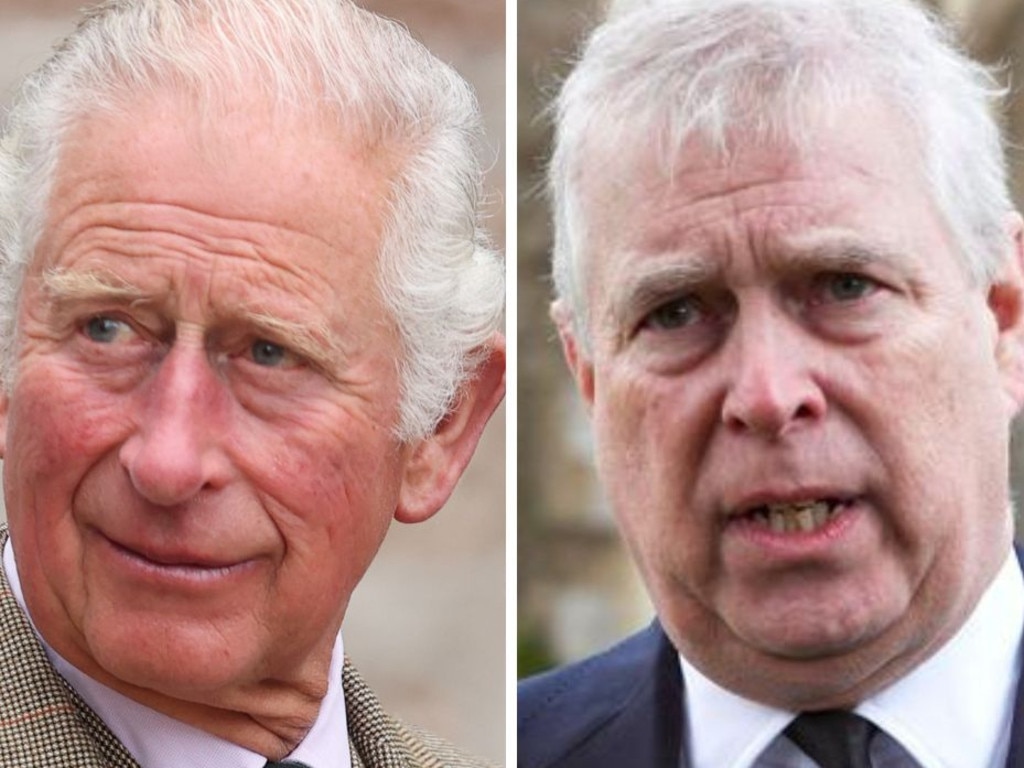
Like countless other families who can trace their lineage back to the Norman Conquest and have more Canalettos than they know what to do with, the royal family is stonkingly wealthy on paper but seemingly less than flush in terms of actual ready money.
That realisation about the reality of the state of royal finances is one that former recruit turned conscientious objector the Duchess of Sussex was forced to come to grips with.
Tom Bower, in his 2022 book Revenge, writes that one of the things about the royal family that the former Suits actress only cottoned on to after tying the knot was that the monarchy “was neither flush with money nor an invincible luxury Rolls-Royce machine.”
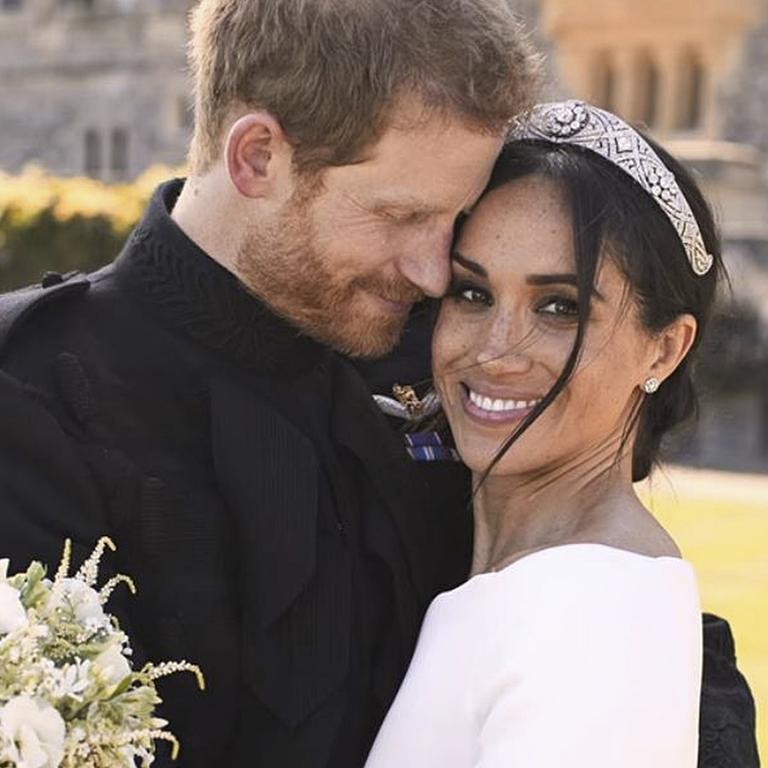
Likewise, one of the more surprising gripes in the Duke of Sussex’s recent Spare was the decidedly short financial leash he was kept on, revealing he used to shop at bargain retailer TK Maxx and complaining that he and his wife the Duchess of Sussex were forced to, prepare yourself, pay for their own sofa.
He writes that when he was on the cusp of popping the question of girlfriend Meghan Markle, pa Charles had a wee chat to him, asking him if she was going to continue working.
The duke recounts his father telling him: “Well, darling boy, you know there’s not enough money to go around.
“I can’t pay for anyone else. I’m already having to pay for your brother and Catherine.”
Late last year, the Daily Mail reported that at one stage, he stopped taking Harry’s calls, explaining to the late Queen that this was “Because I am not a bank.” (An insider told the Mail at the time that “Harry is not as well off as people are led to believe. He was wanting money.”)
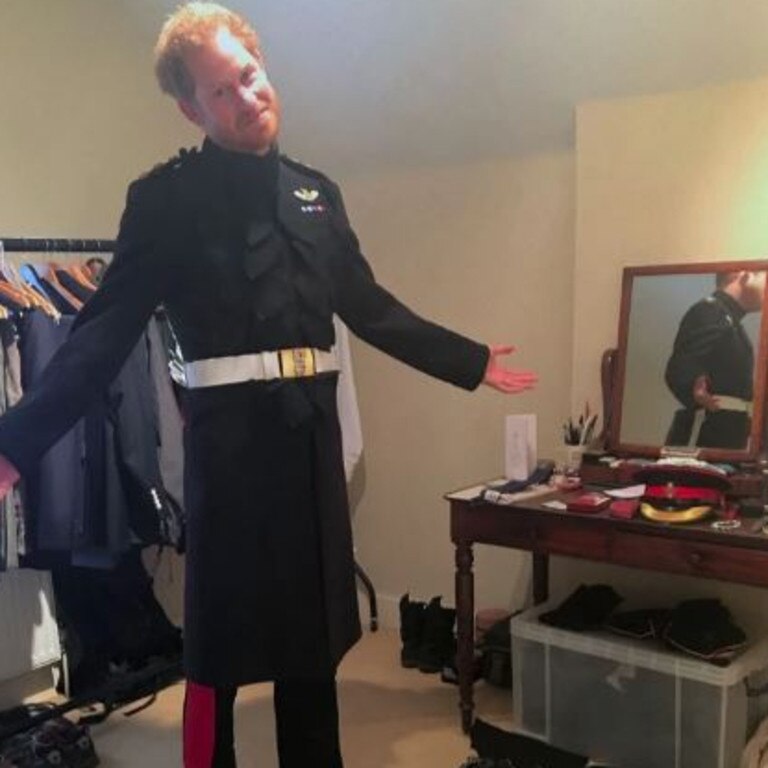
Now that Charles has the top job, things are likely even more complicated for him on the money front, an added stress and strain that he probably needs about as much as another translation of Jung or a pocket square.
More Coverage
Not only does His Majesty now have an entire nation to brood and fuss about, along with his own church, an armed services and the responsibility of keeping the Highgrove gifts shop stocked with enough boysenberry preserves for the tourists, but it very likely falls to him to keep much of the family afloat.
Seems, at the end of the day, cash is indeed king … even for the actual King.
Daniela Elser is a writer and a royal commentator with more than 15 years’ experience working with a number of Australia’s leading media titles.






